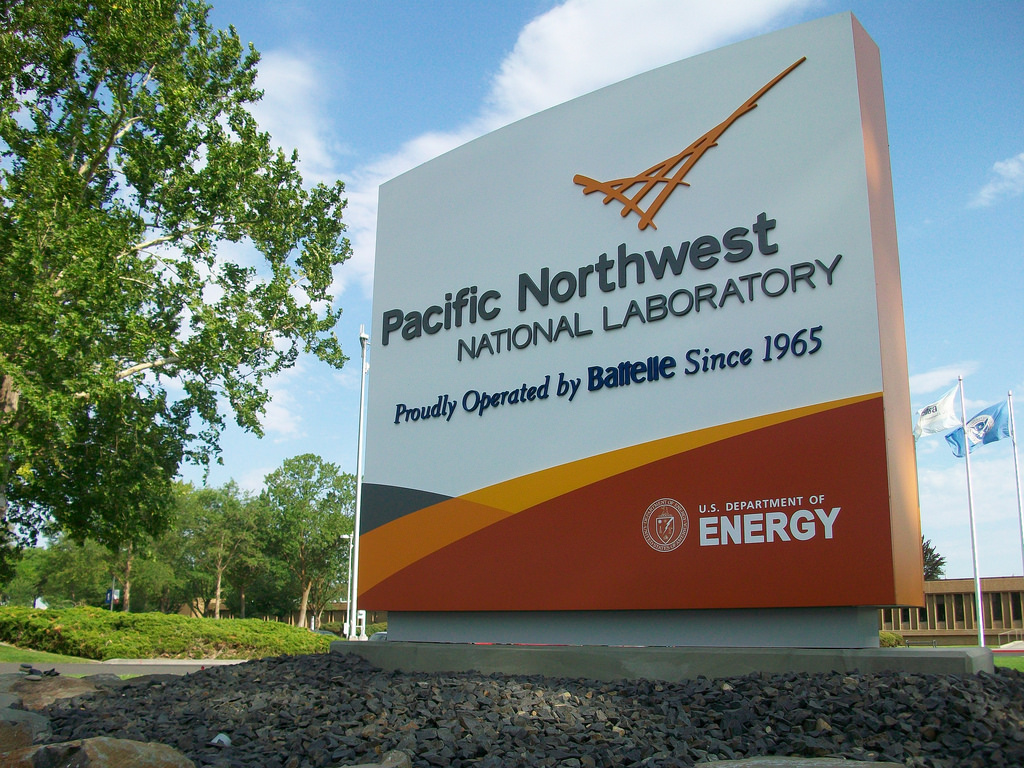Battelle Announces Layoffs at Pacific Northwest National Laboratory Amid Federal Funding Challenges
In a significant development affecting Washington’s scientific community, Battelle Memorial Institute has announced the layoff of 68 workers primarily based in Washington state. The contractor, which operates the prestigious Pacific Northwest National Laboratory (PNNL), disclosed these job cuts through a Worker Adjustment and Retraining Notification (WARN) filed with Washington’s Employment Security Department. The affected positions will be terminated between November 18 and December 1, 2025, marking another challenging moment for one of the nation’s premier research institutions. This decision reflects broader uncertainties in federal research funding and shifting priorities that have created ripple effects throughout the scientific community. The layoffs span multiple locations, with 42 positions being eliminated at PNNL’s main Richland campus, three in Seattle, three in Oregon, and 20 remote positions, affecting roles ranging from national security specialists to engineers and researchers.
The timing and manner of these layoffs reveal the challenging circumstances Battelle has faced. In their WARN letter, the organization cited “unforeseen business circumstances” that prevented them from providing the standard 60-day notices to affected employees. “As a result of funding uncertainties and evolving federal mission priorities, Battelle made great effort to avoid layoffs by reassigning work, reducing work hours and retaining staff on furlough status in the hope that additional funding would be realized,” the letter explained. This suggests that Battelle had been working behind the scenes to mitigate the impact, hoping for a last-minute funding solution that never materialized. These efforts reflect the difficult balancing act that federally-funded research institutions must perform when navigating budget uncertainties while trying to maintain their scientific workforce and momentum on critical research initiatives. For the affected employees—who include software engineers, mechanical engineers, nuclear specialists, cybersecurity researchers, data scientists, project managers, and administrative staff—this announcement represents not just a career disruption but potentially a significant life change that came with minimal advance notice.
The current layoffs are not occurring in isolation but appear to be part of a concerning trend at PNNL. According to local reporting from the Tri-City Herald, Battelle had warned employees this summer about potential job reductions due to federal budget uncertainties. The organization had already conducted an undisclosed number of layoffs in September and reduced medical benefits for retirees. These sequential cost-cutting measures paint a picture of an institution struggling to adapt to changing fiscal realities. PNNL’s six-decade legacy as a cornerstone of American scientific research is now being tested by these financial pressures. With approximately 6,400 employees before these cuts, the laboratory has long been engaged in fundamental research across energy, chemistry, data analytics, and numerous other scientific and technological domains that support both national security and economic competitiveness. The impact of these workforce reductions extends beyond individual careers to potentially affecting the pace and scope of ongoing research initiatives.
The political context surrounding these layoffs adds another layer of complexity to the situation. U.S. Senator Patty Murray, Democrat from Washington, reported earlier in the year that “a handful” of PNNL employees had already been let go during the Trump administration’s initial government layoff wave. According to Senator Murray, those cuts were driven by several initiatives, including the Department of Government Efficiency (DOGE)—previously led by Elon Musk—and executive orders that eliminated work related to climate change and diversity, equity, and inclusion programs. This suggests that the current layoffs may represent the continuation of a broader policy shift affecting federally funded scientific research, particularly in areas that have become politically contentious. The specific targeting of certain research areas raises questions about the future direction of government-funded scientific inquiry and its vulnerability to political winds.
The ripple effects of these layoffs extend far beyond the individuals directly affected. PNNL serves as an economic anchor in eastern Washington, particularly in the Tri-Cities region where its main campus is located. The laboratory not only provides high-quality jobs but also attracts talent to the region and supports numerous local businesses through its operations and the spending power of its workforce. Furthermore, PNNL’s research activities generate innovations that can lead to new companies and economic opportunities throughout the Pacific Northwest. Research disruptions and workforce reductions can therefore have multiplying effects on regional economic development. Additionally, the expertise being lost through these layoffs represents years or even decades of specialized knowledge that cannot be quickly replaced if funding priorities shift again in the future. This brain drain could potentially hamper the nation’s capabilities in critical research areas at a time when international scientific competition continues to intensify.
What makes these layoffs particularly concerning is their potential impact on America’s scientific leadership during a period of global technological competition. PNNL’s work spans numerous fields vital to national security, energy independence, and environmental sustainability. The laboratory’s researchers contribute to advances in grid security, nuclear nonproliferation, advanced materials, climate science, and artificial intelligence, among many other areas. Disruptions to this research ecosystem can have long-term consequences for America’s innovative capacity and technological edge. While the current reduction represents about 1% of PNNL’s total workforce, the cumulative effect of repeated cuts and the resulting uncertainty among remaining staff could hamper recruitment and retention of top scientific talent. As research institutions like PNNL navigate these challenging times, the broader question emerges about how the United States will sustain its scientific enterprise and ensure it remains resilient to both budgetary fluctuations and political shifts. The future of institutions like PNNL will likely depend on finding new models for stable funding and greater insulation from short-term political considerations while maintaining appropriate oversight and accountability for public resources.


